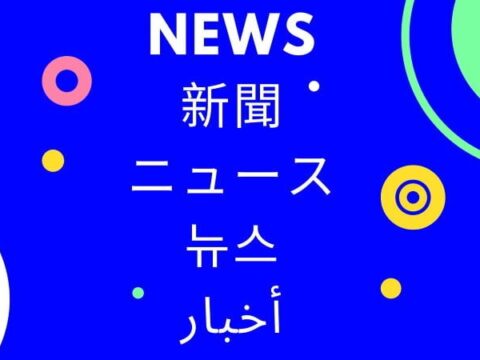
The former Chair of Harvard University’s Chemistry and Chemical Biology Department was charged today in a superseding indictment with tax offenses for failing to report income he received from Wuhan University of Technology (WUT) in Wuhan, China.
Dr. Charles Lieber, 61, was indicted by a federal grand jury in Boston on two counts of making and subscribing a false income tax return and two counts of failing to file reports of foreign bank and financial accounts (FBAR) with the Internal Revenue Service (IRS). In June 2020, Lieber was indicted on two counts of making false statements to federal authorities. Lieber was arrested on Jan. 28, 2020.
The superseding indictment alleges that Lieber served as the Principal Investigator of the Lieber Research Group at Harvard University, which received more than $15 million in federal research grants between 2008 and 2019. Unbeknownst to his employer, Harvard University, Lieber allegedly became a “Strategic Scientist” at WUT and, later, a contractual participant in China’s Thousand Talents Plan from at least 2012 through 2015. China’s Thousand Talents Plan is one of the most prominent Chinese talent recruitment plans designed to attract, recruit and cultivate high-level scientific talent in furtherance of China’s scientific development, economic prosperity and national security.
Under the terms of Lieber’s three-year Thousand Talents contract, WUT allegedly paid Lieber a salary of up to $50,000 per month, living expenses of up to $150,000 and awarded him more than $1.5 million to establish a research lab at WUT. It is alleged that in 2018 and 2019, Lieber lied to federal authorities about his involvement in the Thousand Talents Plan and his affiliation with WUT.
According to the superseding indictment, in tax years 2013 and 2014, Lieber earned income from WUT in the form of salary and other payments made to him pursuant to the Strategic Scientist and Thousand Talents Contracts, which he did not disclose to the IRS on his federal income tax returns. The superseding indictment also alleges that Lieber, together with WUT officials, opened a bank account at a Chinese bank during a trip to Wuhan in 2012. Thereafter, between at least 2013 and 2015, WUT periodically deposited portions of Lieber’s salary into that account. U.S. taxpayers are required to report the existence of any foreign bank account that holds more than $10,000 at any time during a given year by the filing an FBAR with the IRS. Lieber allegedly failed to file FBARs for the years 2014 and 2015.
The charge of making false statements provides for a sentence of up to five years in prison, three years of supervised release and a fine of $250,000. The charge of making and subscribing false income tax returns provides for a sentence of up to three years in prison, one year of supervised release and a $100,000 fine. The charge of failing to file an FBAR provides for a sentence of up to five years in prison, three years of supervised release and a fine of $250,000. Sentences are imposed by a federal district court judge based upon the U.S. Sentencing Guidelines and other statutory factors.
Assistant Attorney General for National Security John C. Demers; U.S. Attorney Andrew E. Lelling; Joseph R. Bonavolonta, Special Agent in Charge of the Federal Bureau of Investigation, Boston Field Division; Leigh-Alistair Barzey, Special Agent in Charge of the Defense Criminal Investigative Service, Northeast Field Office; Philip Coyne, Special Agent in Charge of the U.S. Department of Health and Human Services, Office of Inspector General; and Kristina O’Connell, Special Agent in Charge of the Internal Revenue Service’s Criminal Investigations in Boston made this announcement. Assistant U.S. Attorney Jason Casey of Lelling’s National Security Unit is prosecuting this case with the assistance of Trial Attorney David Aaron of the National Security Division’s Counterintelligence and Export Control Section.
The details contained in the charging documents are allegations. The defendant is presumed innocent unless and until proven guilty beyond a reasonable doubt in a court of law.
Source: Department of Justice; this site is made available by CHINA NEWS – 专业中文新闻稿发布






